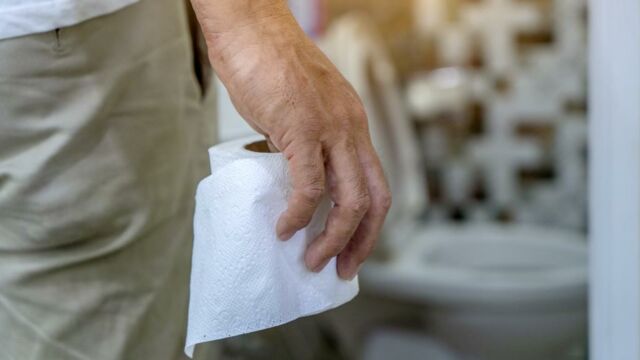Faeces is kind of like Fight Club: the first rule is not to talk about it. ‘Number 2’ is a subject considered taboo, immature, and embarrassing, even if it concerns all of us. However, our poop is much more valuable than we realised, so much so that it can potentially save your life!
Discover our latest podcast
Regenerate the intestinal microbiota
In a study published June 30 on Cell.com, researchers looked at ways to regenerate the gut microbiota. In their synopsis, they stated:
Industrial advancements have led to a significant loss in the diversity of our gut microbiota, which may increase our vulnerability to many diseases.
How can the effects of this loss be countered? One of the solutions is to opt for a ‘faecal transplant’, based on donors from non-industrial companies. The technique already exists, and also have been practised for centuries, as per Europe1. Nevertheless, researchers are aware that many would most definitely find it distasteful. To better implement the pill, they, therefore, offer another solution, which they hope is more acceptable.
The concept of autologous transplantation
To regenerate an individual's intestinal microbiota, scientists have thought of grafting their own stools and then cryopreserving them for the necessary time. Cryopreserving here refers to the process which scientists use to freeze a substance in order to preserve the molecules. They explained:
Using stool specimens from recipients, taken at a younger age, when they are disease-free, might be a better solution, or at least an alternative.
In scientific terms, this is called an autologous transplant, or an ‘autograft’, which means the donor and the recipient is the same person. The concept is already applied in medicine to treat certain cancers, stem cells are sometimes taken from a person before transplanting later.
This article is translated from Gentside FR.
Read more:
⋙ How often should you poop in a day?
⋙ Do you feel like pooping every time you walk into a bookstore? Here’s why















